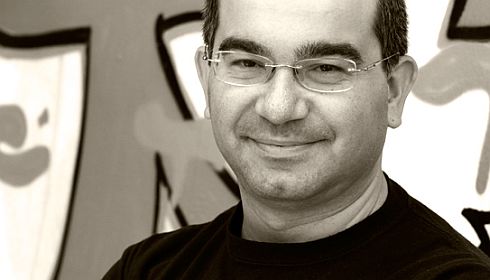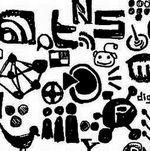
Recently, Facebook has reportedly shut down the pages of two alternative news websites (Yüksekova Haber and Ötekilerin Postası), while Twitter suspended several user accounts.
bianet asked the reason of this recent social media limitations to Erkan Saka, lecturer at Istanbul Bilgi University.
Saka said that the suspension/shutting down of Facebook and Twitter accounts have been executed upon complaints. Claiming that Facebook reacted more politically towards such complaints, Saka said Twitter reacted rather according to an algorithm - a software that suspended accounts based on complaints.

"Facebook doesn’t scrutinize its content page by page. They only do so upon complaints. On the other hand, they directly intervene pages with pornographic content through an automatic tracking system. When the complaint is regarding a political matter, they make a decision after an investigations."
Reminding that the Facebook page of Ötekilerin Postası has been shut down due to a massive complaint attack for the third time, Saka claimed that Facebook has acted “inconsiderately” towards Ötekilerin Postası.
"Facebook notorious, Twitter resisting”

Saka continued that Twitter's account suspension/shutting down actions were based on an automatic system.
"Twitter suspends accounts like Facebook upon massive complaints. You can object to that decision but it takes time to reactivate them again. This is an automatic process. Twitter mainly targets “egg accounts” which disseminate spam content. However, dissident voices get affected as well,” Saka said.
Saka reminded that activists chose Twitter but said they should also consider other options like open-code social media sites.
“Facebook became notorious due to its content sharing, but Twitter is still resisting to this. Maybe this is the reason why world’s activists are still choosing Twitter. We should still keep in mind that it is a profit-seeking corporation, though.”
"Open-code sites must be improved”
"Therefore, internet activists recommend open-code and independent websites. We should remember that there is never 100 percent safety on the web. Those sites, moreover, are not user-friendly. I am trying to benefit from both sides, however, I mostly do my shares through platforms like Twitter. It is partially because you can reach out more people through these venues.
"Ordinary users are also concerned about the privacy of their personal content, but they have to choose popular sites because alternatives are not user-friendly. Therefore, these alternative platforms must be more user-friendly.” (EA/BM)
* Click here to read the original article in Turkish.













.jpg)
.jpg)